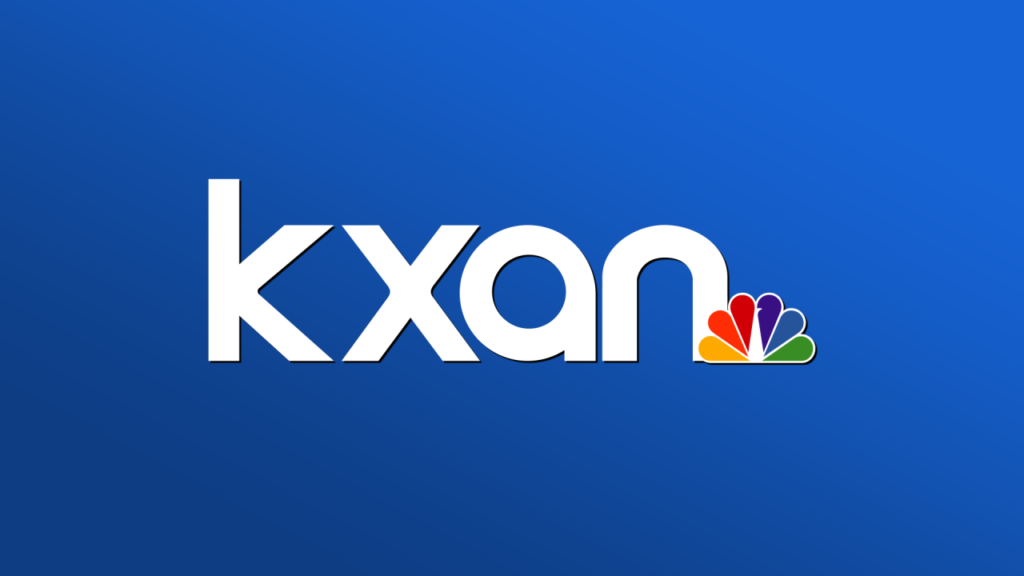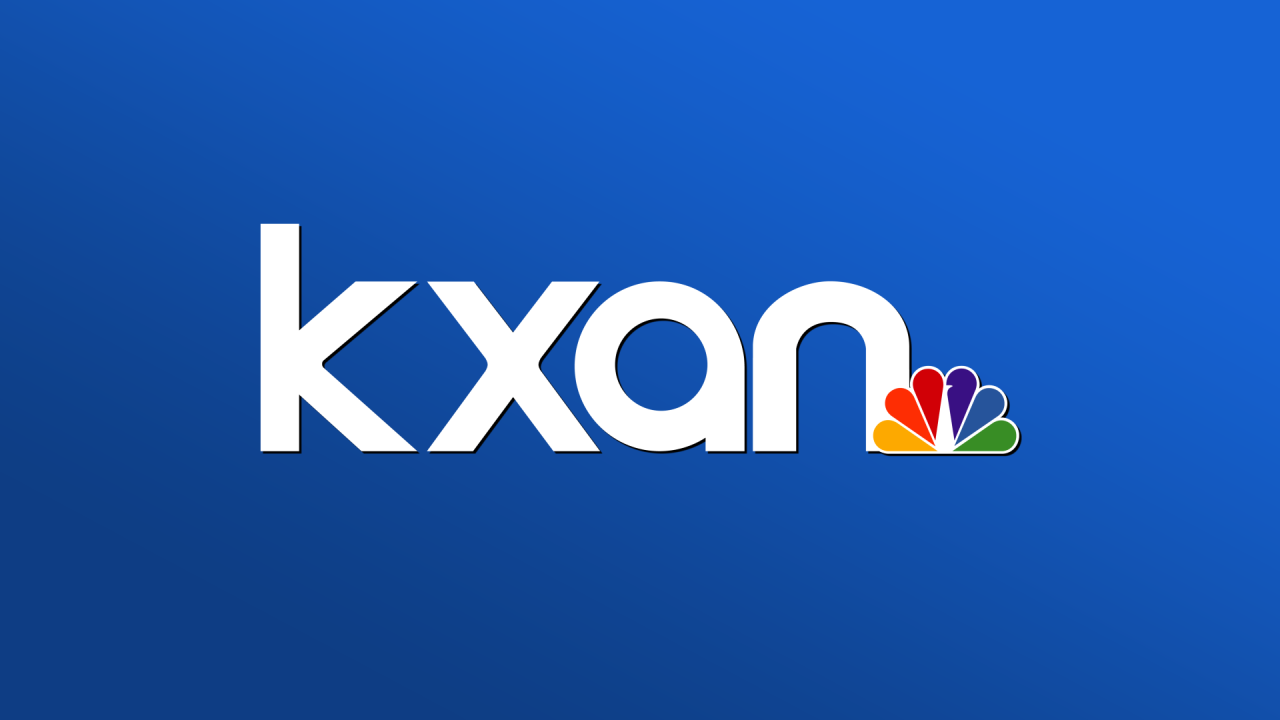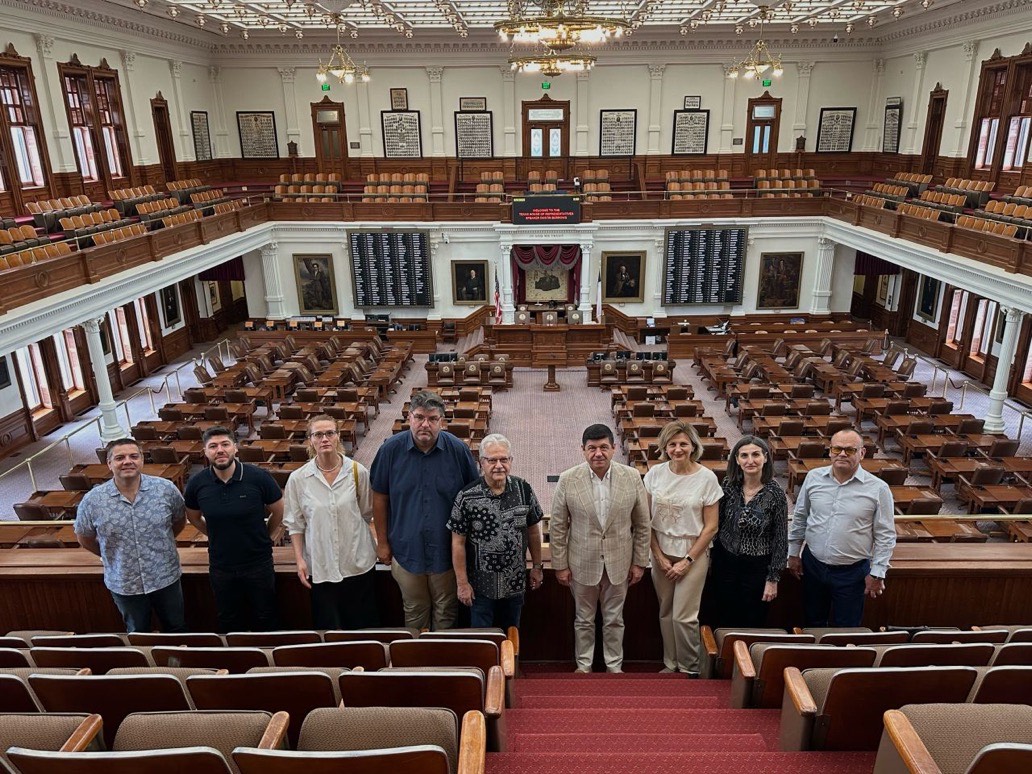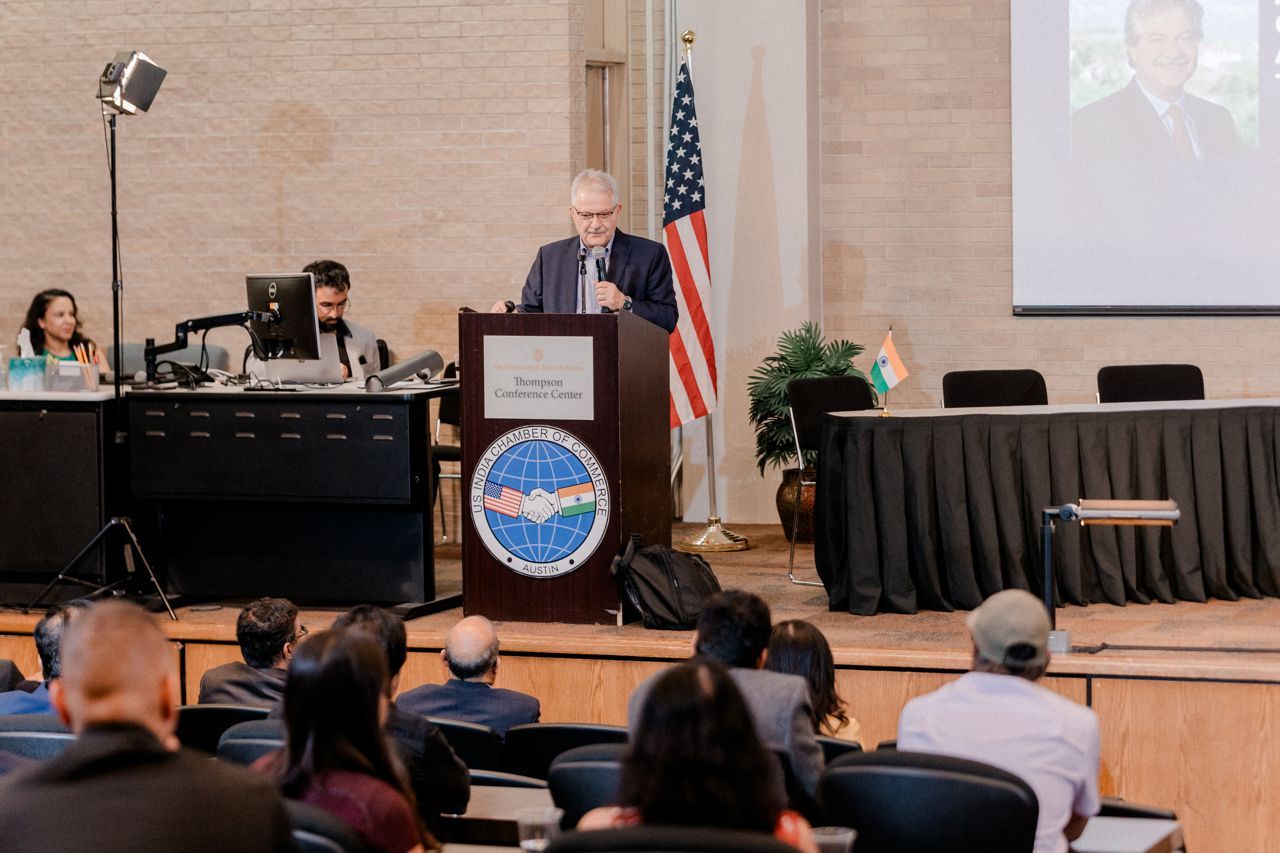Last week, schools closing was an unprecedented measure to tackle the pandemic. This week, service industry businesses such as restaurants, bars, movie theaters, gyms, and more have followed suit. So far, 19 states have imposed seemingly extraordinary regulations in order to prevent the spread of COVID-19. Cities in states that have not issued regulations are also taking action, such as Dallas and Houston (7 and 15 day restrictions, respectively). We can assume more states will follow as the virus spreads. To make matters more complex, Trump has also placed a 30-day travel ban to most of Europe. How will the U.S. economy perform? What are some measures the administration is considering to assist its constituents?
The Dow has dropped nearly 9,000 points in the last month, with a 3,000 point loss yesterday alone. This reaps large consequences for investors as well as working Americans’ 401(k)s. The travel ban and decrease in domestic flights will bring large losses to global air carriers – estimated to be between $63 billion and $113 billion. It is difficult to estimate the total national and global economic effect of this virus. Our team will assess data adjustments and new data availability as restrictions tighten to better illustrate the slowdown.
The Response From Congress
Already, there have been questions if the virus will spread more in America than in other countries. This stems from the lack of available paid sick leave and extremely high health care costs a majority of citizens face. So far, Congress blocked a 14-day paid sick leave bill for workers. However, an emergency funding bill passed through the House and is set to go through the Senate – with major edits, of course.
The bill includes free coronavirus testing, higher nutritional assistance and unemployment programs, and paid sick leave. However, both Progressives and Republicans have pointed out glaring holes in the bill. Republican Sen. Tom Cotton criticized that it “doesn’t go far enough and fast enough.” For example, the bill allows large companies employing more than 500 people to forgo paid sick leave for workers. It will be worth noting what amendments are made given the time crunch of passing the bill.
How is the Trump administration responding to the crisis?
The administration has announced more testing availability as well as assistance to Americans and businesses. In total, there is an $850 billion economic stimulus package waiting to be passed. $500 billion for the payroll tax cut, $50 billion for the airline industry, and $250 billion for small business loans. The $500 billion would then be split into $1,000 checks for American workers and are estimated to be sent out in the next two weeks.
There is a sense of unity among Congress, Trump, and the American public as we brace for the virus. Measures that were once seen as impossible are being put into place. Our team will continue with economic updates as a result of the pandemic.
About AngelouEconomics
AngelouEconomics has worked with numerous professional and business associations in building dozens of unique economic impact studies, as well as site selection projects and strategic economic development projects. Some projects have examined the effects of statewide policy measures, such as the Texas Bathroom Bill or ban on Sanctuary Cities. Other projects have measured the contribution of member networks in terms of jobs, wages, and total economic output. Like this study for Prospera, a nonprofit organization which specializes in providing bilingual assistance to Hispanic entrepreneurs in Florida. Economic impact studies are effective tools for quantifying and illustrating the value of individual professional and business associations.
Want to learn more? Email at info@angeloueconomics.com















